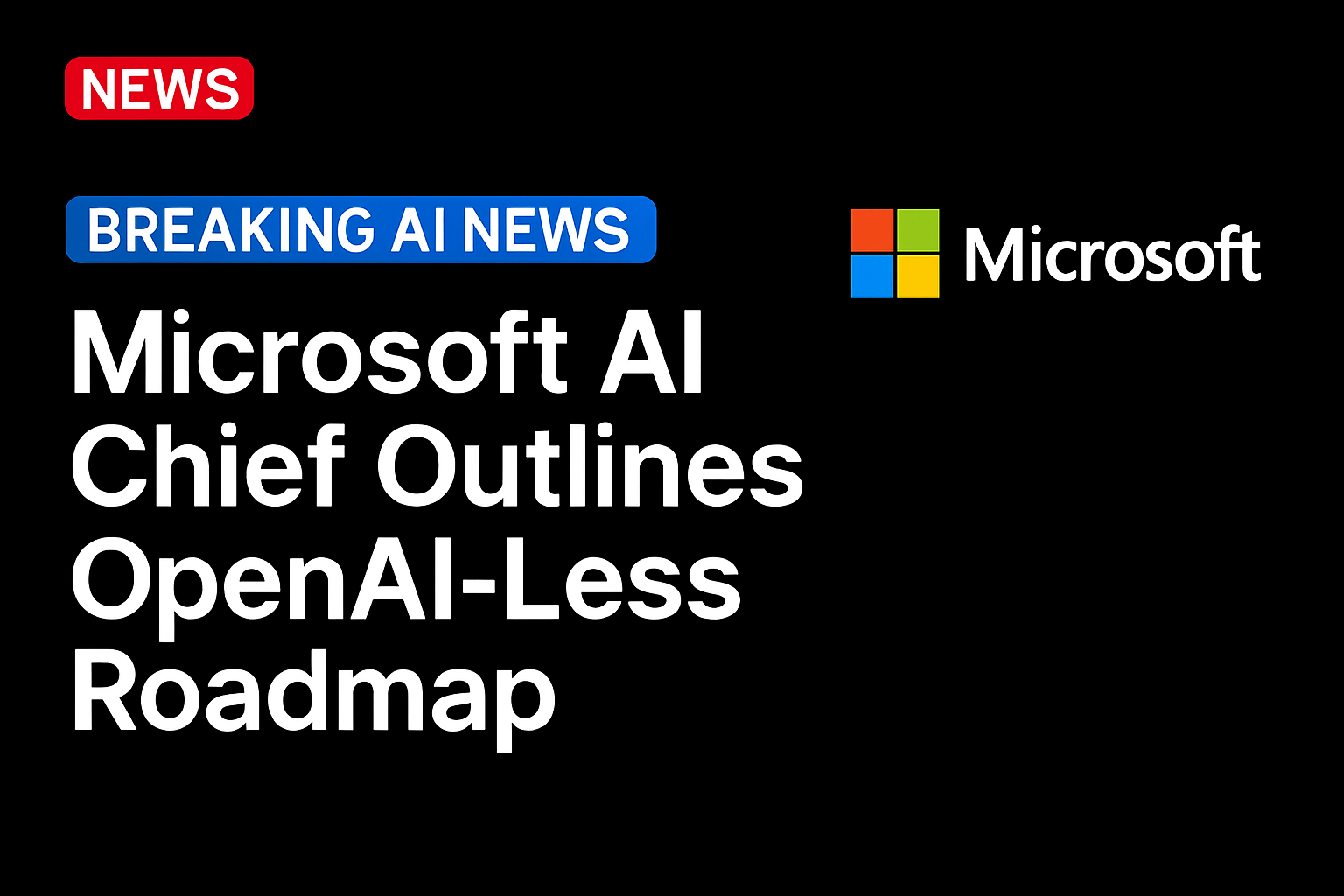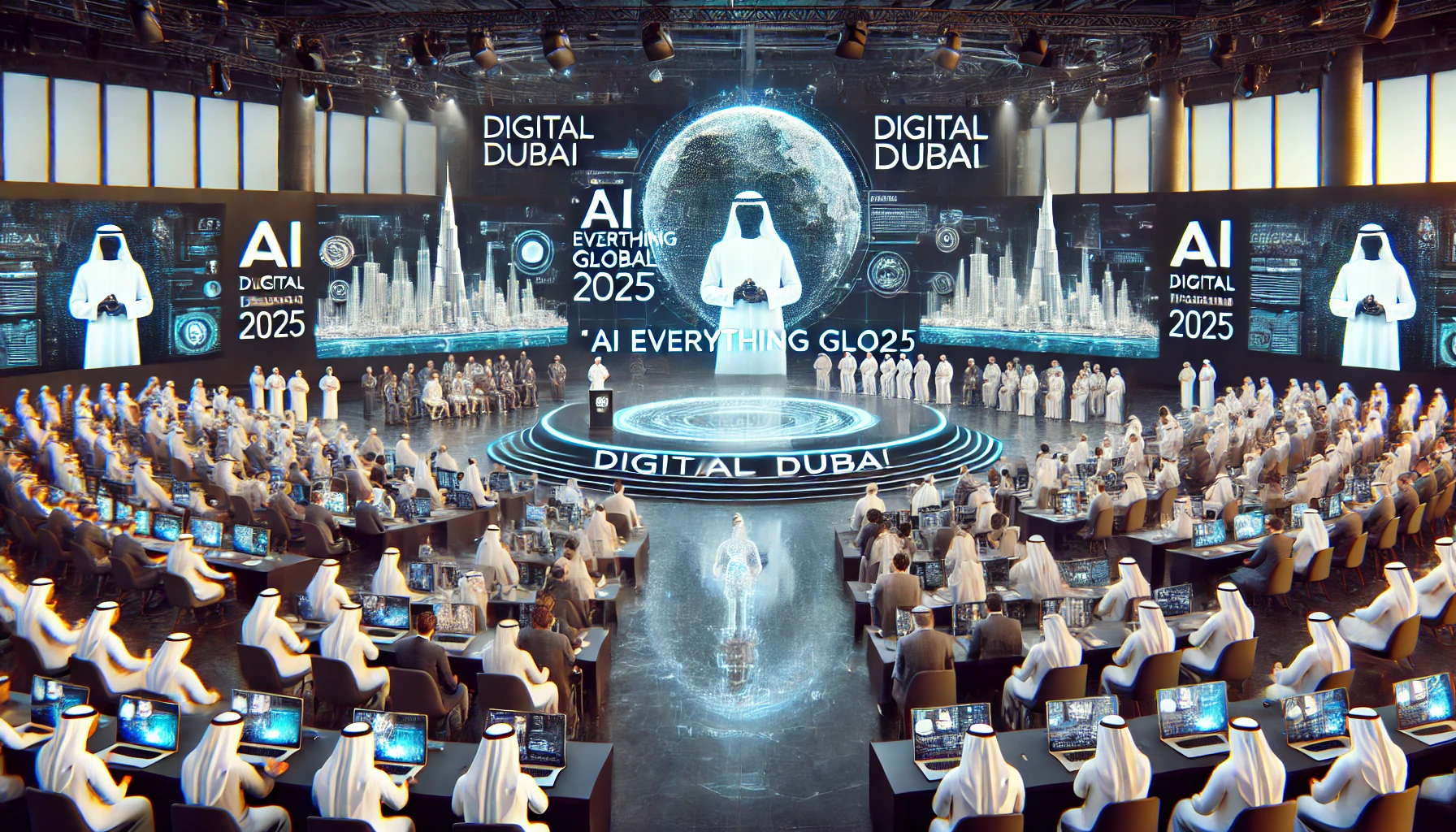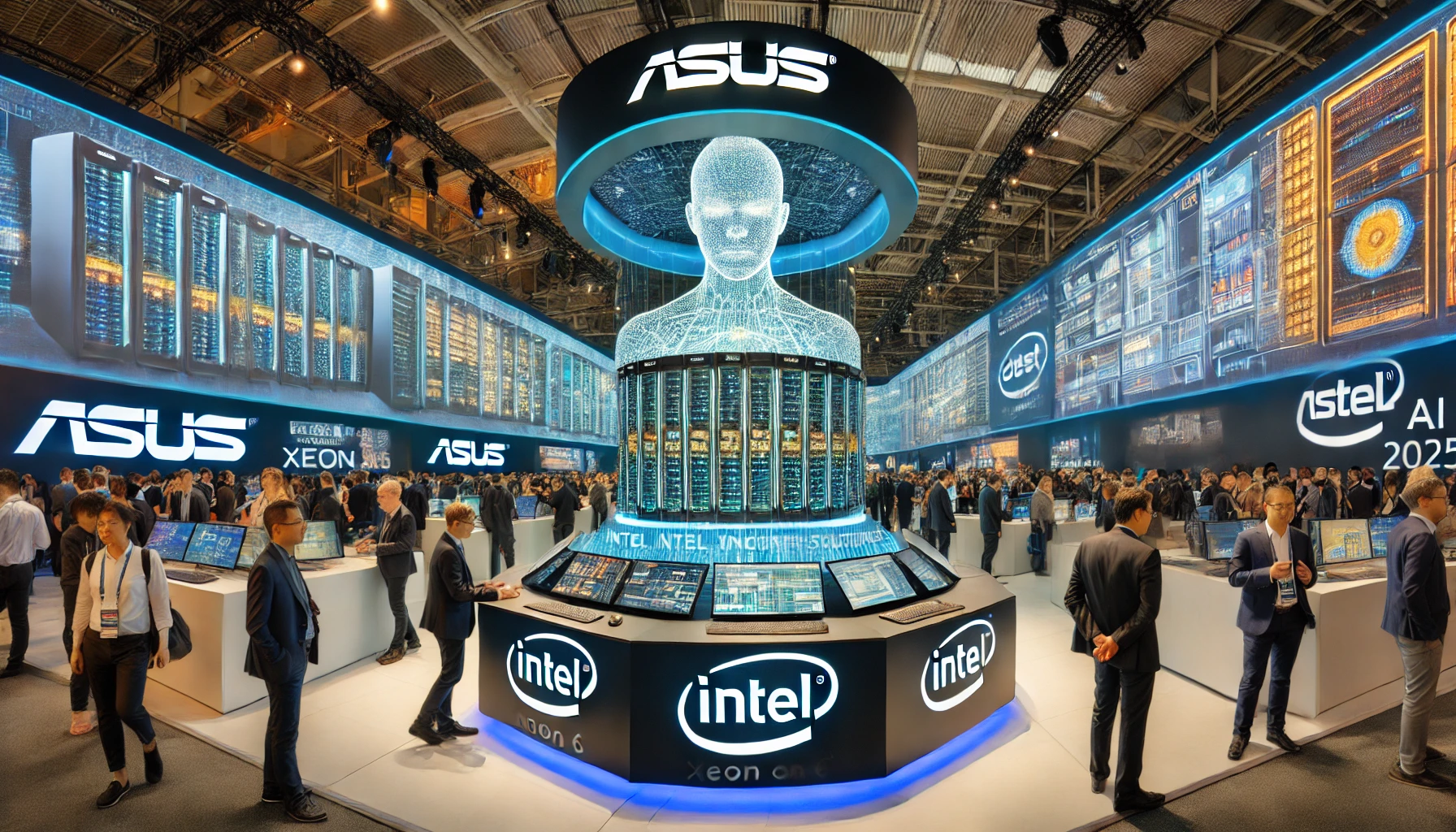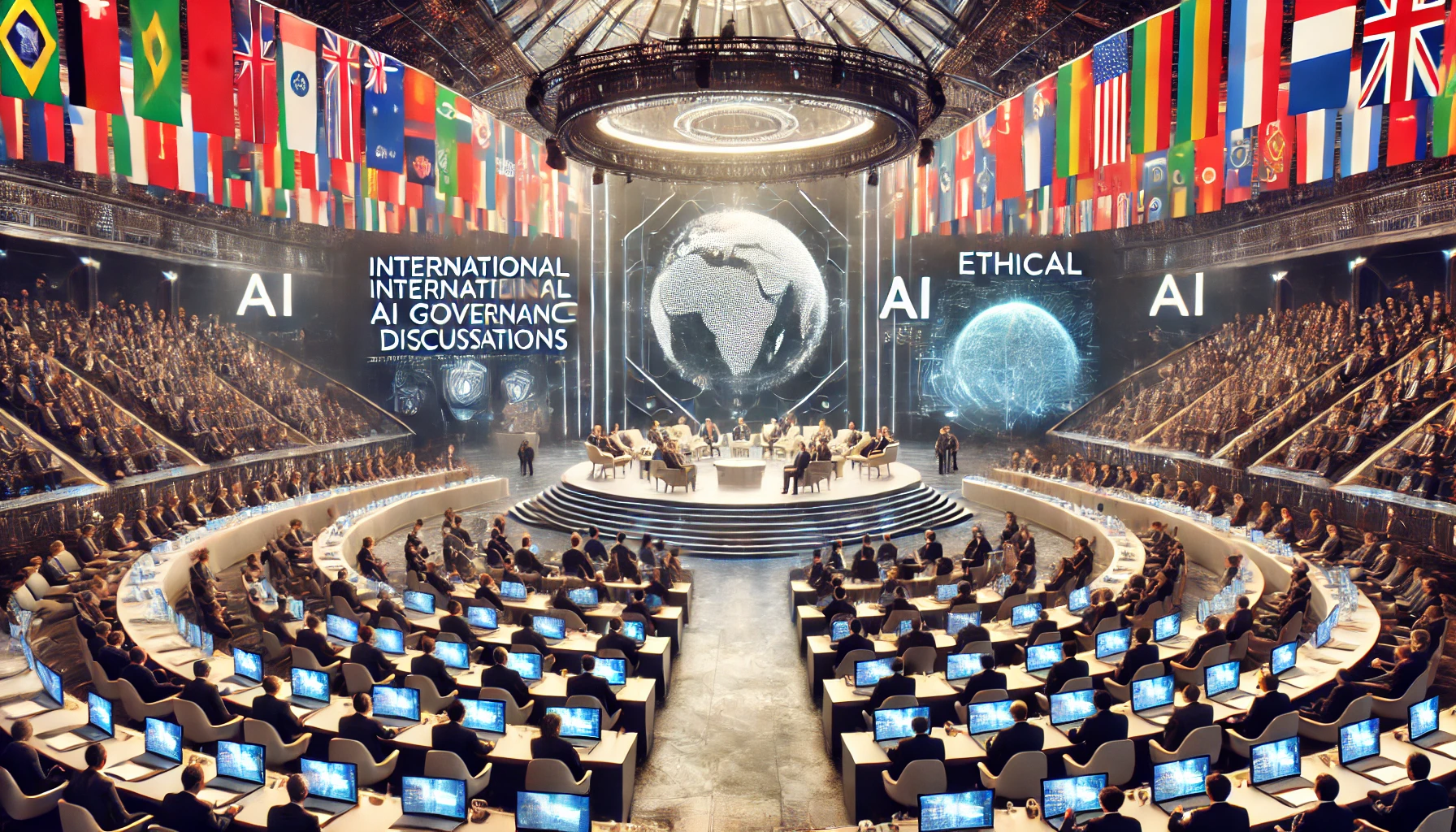
Microsoft’s artificial intelligence (AI) head has reportedly outlined the company’s vision for life after OpenAI.
Speaking to the Wall Street Journal (WSJ) Thursday (Nov. 6), Mustafa Suleyman discussed the company’s plans to create self-sufficiency from OpenAI, which is enmeshed into many of the products Microsoft offers to its customers.
As the report noted, a recent deal between the two companies allows Microsoft to establish its new MAI Superintelligence Team, which will emphasize human interests and guardrails first, Suleyman said. The WSJ said he reiterated past warnings about AI’s possible risks.
While praising OpenAI and the companies’ collaborations, Suleyman criticized the idea of treating AI systems as though they have human-like feelings or rights. AI chatbots shouldn’t fool users into thinking they are talking with sentient beings, he said.
AI is “going to become more human-like, but it won’t have the property of experiencing suffering or pain itself, and therefore we shouldn’t over-empathize with it,” Suleyman told the WSJ. “We want to create types of systems that are aligned to human values by default. That means they are not designed to exceed and escape human control.”
Following the new deal with OpenAI, Suleyman said Microsoft is focused on software tools for the workplace, healthcare diagnostics and to play a part in the science of developing sources of clean, renewable energy.
These efforts are happening at a time when — as PYMNTS wrote last week — Microsoft is transitioning from its software/cloud roots, becoming “an AI infrastructure provider shaping how work, creativity and productivity will function in the next decade.”
For proof, the report added, look to the company’s restructured relationship with OpenAI, which gave Microsoft a 27% stake and raised its valuation above $4 trillion.
One day after that deal, the company reported for its first quarter 2026 earnings nearly $78 billion in quarterly revenue, driven by 40% cloud growth and an expanding AI moat “built atop a foundation of trust and technical scale,” the report said. Microsoft also reported a $3.1 billion hit from its investment in OpenAI.
“Our planet-scale cloud and AI factory, together with Copilots across high value domains, is driving broad diffusion and real-world impact,” said Satya Nadella, chairman and chief executive officer of Microsoft. “It’s why we continue to increase our investments in AI across both capital and talent to meet the massive opportunity ahead.”
As PYMNTS noted, even that “planet-scale” cloud can still stumble. The same day Microsoft announced its earnings, it found itself dealing with an Azure outage, leaving cloud customers unable to use Microsoft services, among them airlines like Alaska and Hawaiian.
Source: https://www.pymnts.com/




